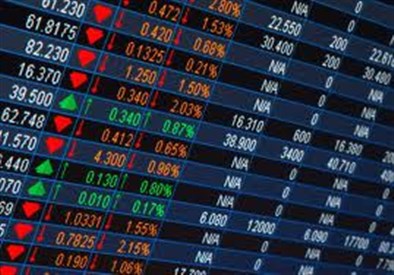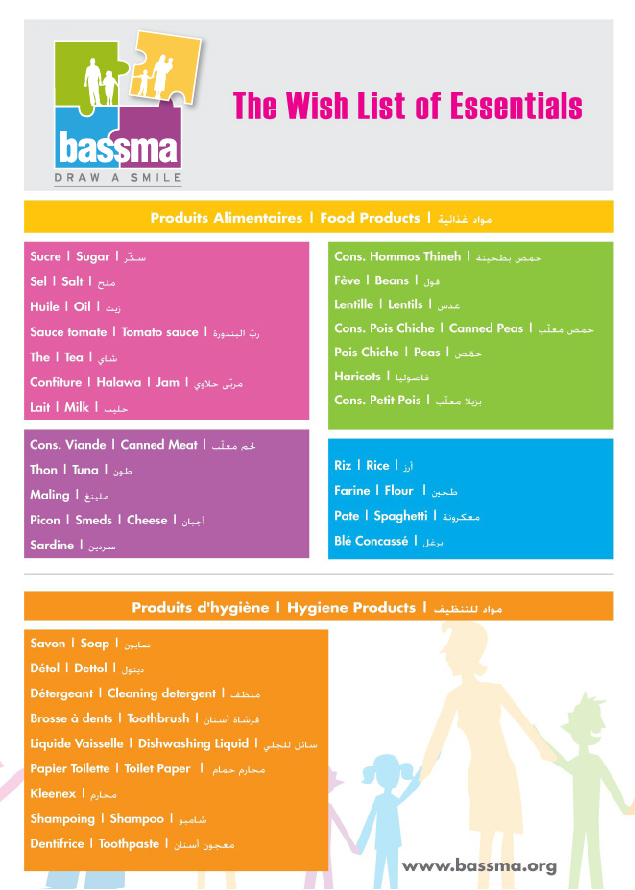source: www.dailystar.com.lb
The 33 percent decline in Beirut Stock Exchange activity in the first six months of the year was mainly due to the political standstill and the volatile situation in Syria, local brokers said Monday. “The performance of the BSE is mainly driven by the domestic factors and these factors did not help the trading activity of the bourse,” Jean Michel Aoun, a senior investment officer at the Arab Finance Corporation, told The Daily Star.
But Aoun noted that although some investors have exited the market and sold their shares, most are holding on to their stocks, hoping that the situation will eventually return to normal.
A second broker who did not want to be identified said some stockholders had liquidated their shares in Beirut to cut their losses and use the cash for other purposes.
Brokers stressed that Solidere shares could jump to $17 or $18 if the Cabinet was formed and politicians opted to soften their rhetoric.
The A and B shares of the giant real estate company Solidere reached $11.03 and $11.01 Monday, declining by 1.60 percent and 1.78 percent.
Solidere usually dominates trading on the mostly dormant Beirut bourse.
But in recent months, shares of some of the listed banks have been heavily traded both in volume and value.
The BLOM Bank stock index fell Monday by 0.35 percent to reach 1,141.16 points.
Brokers said the outlook of the BSE would remain negative if the political situation remained the same.
According to the figures released by the BSE, total trading volume reached 21 million shares in the first half of 2013, constituting a decrease of 29.7 percent from the same period last year; while aggregate turnover amounted to $154.5 million, down 32.6 percent from a turnover of $229.3 million in the first half of 2012.
Market capitalization increased by 1.7 percent from end-June 2012 to $10.2 billion, of which 78.2 percent was in banking stocks, followed by real estate stocks with 18.1 percent, industrial stocks with 3.4 percent, and trading stocks with 0.4 percent, as reported by Lebanon This Week, the economic publication of the Byblos Bank Group.
The market liquidity ratio was 1.5 percent compared to 2.3 percent in the same period last year.
Banking stocks accounted for 78.3 percent of aggregate trading volume in the first half of the year, followed by real estate stocks with 17.3 percent, and trading and industrial stocks with 2.2 percent each.
Also, banking stocks accounted for 68.5 percent of the aggregate value of shares traded, followed by real estate stocks with 29.6 percent, industrial stocks with 1.1 percent and trading stocks with 0.8 percent.
The average daily traded volume for the period was 176,429 shares for an average daily value of $1.3 million. The figures reflect decreases of 29.1 percent in volume and 32 percent in value year-on-year
image: www.westhavenmanagement.com














